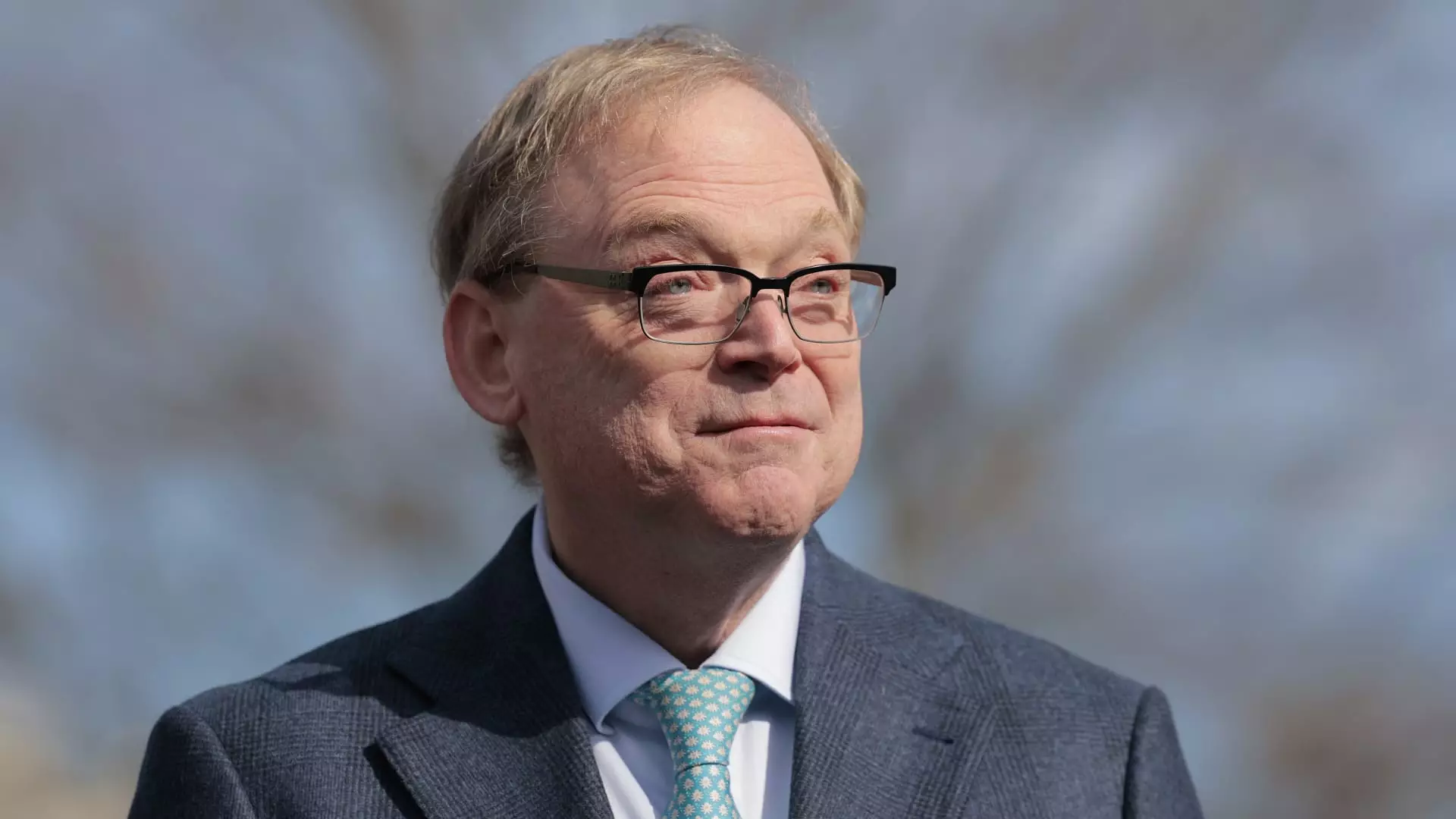The current economic landscape is riddled with uncertainty, primarily due to President Donald Trump’s unpredictable tariff agenda. National Economic Council Director Kevin Hassett’s recent admission of this ongoing turmoil only serves to underscore a basic truth: uncertainty is detrimental to the economy. The looming April 2 deadline for the unveiling of Trump’s “reciprocal” tariff plans casts a long shadow over market sentiments, aggravating the very businesses and analysts who are striving to maintain a semblance of normalcy. Every day that Trump’s administration remains vague about these policies feels like a ticking time bomb, where systematic confusion becomes detrimental to investments and consumer confidence.
The Market Response: Not So Positive
Formerly reputable organizations, such as Bank of America, have clearly stated that each day without a definitive tariff plan only heightens market volatility. As the chaos unfolds, companies find themselves caught in a vicious cycle of indecision. This isn’t merely an abstract economic concern; it translates into real-world consequences, undermining any attempt to foster a predictable business environment. Investors are left guessing what Trump will say next, leading to paralyzing uncertainty, which harms economic growth. In this chaotic backdrop, one must ask whether the stakes of this tariff game are truly worth the deteriorating investor confidence.
Politics Over Practicality
Hassett attempted to defend Trump’s tariff agenda by suggesting that it is part of a larger strategy to pressure other countries into compliance on immigration and drug trafficking issues. Such reasoning feels misguided at best. Employing economic sanctions to achieve political goals transforms essential trade relationships into bargaining chips, which could pose existential risks to a thriving economy. Forcing Mexico, Canada, and China to bend to American will by leveraging tariffs creates a hostile atmosphere that could backfire. Is this really the path to the economic strength that Trump professes to champion? Or does it merely expose a lack of diplomatic finesse?
Unintended Consequences
What we see is not just diplomatic tension but also the specter of a recession subtly tightening its grip on the U.S. economy. Even members of Trump’s own administration have hinted at the possibility of a downturn, showcasing an alarming disconnect between rhetoric and reality. The potential fallout from protracted tariff negotiations raises questions about how such policies will impact everyday Americans—from job security to consumer pricing. The very essence of what it means to be a free-market economy seems under siege when political gamesmanship dictates economic policy.
Clarity in Confusion
As individuals and businesses wait for clarity that may never come, the lack of straightforward communication leaves stakeholders in the dark. Many wonder whether any forthcoming clarity will merely serve to reinforce already shaky foundations, potentially leading to an even harsher fallout down the line. While Hassett assures that clarity will emerge post-April 2, skepticism remains warranted. The reality is, the longer this ambiguity prolongs, the more grave its repercussions may become, impacting millions who depend on robust economic policies to ensure stable livelihoods.


Leave a Reply